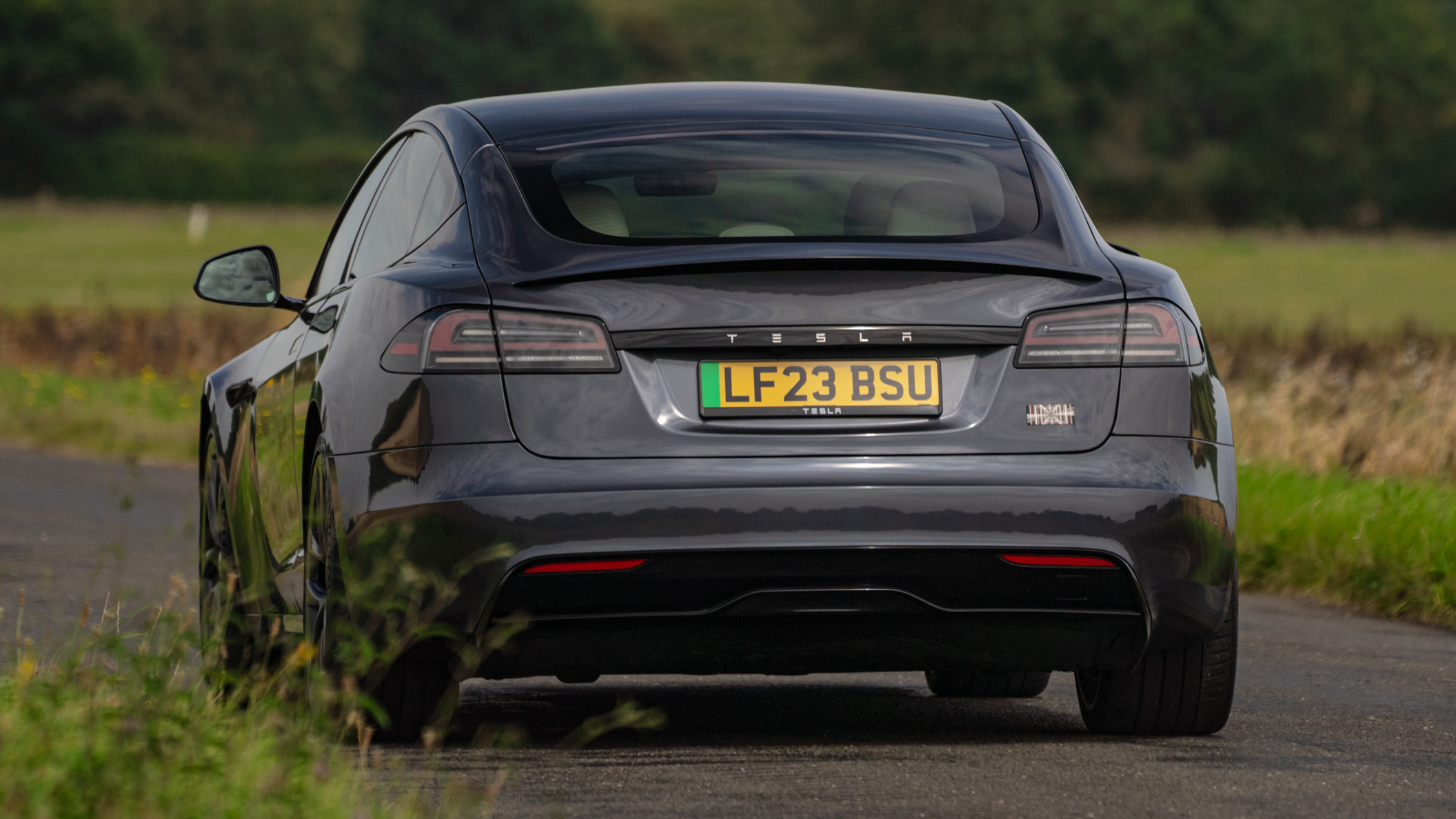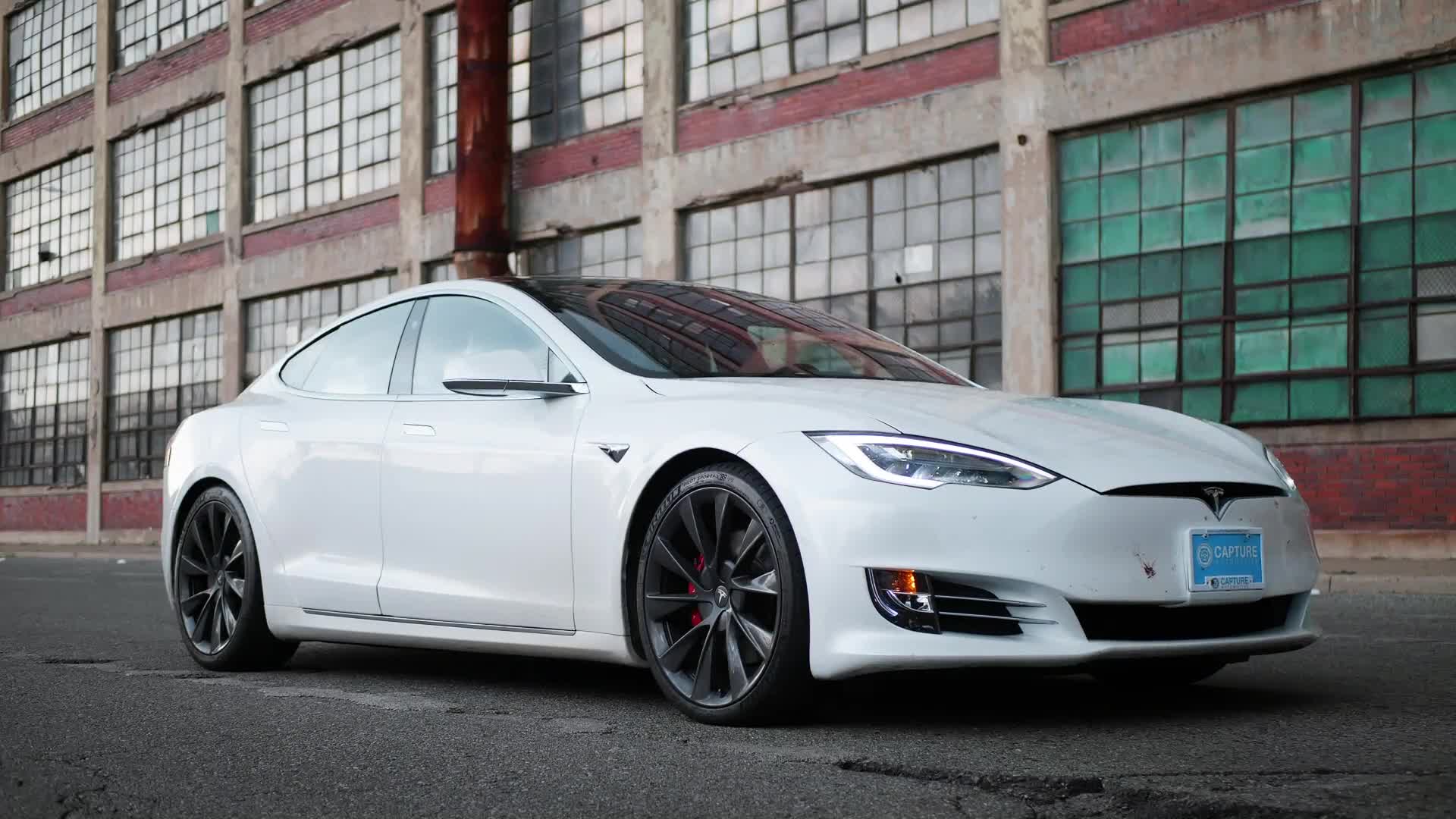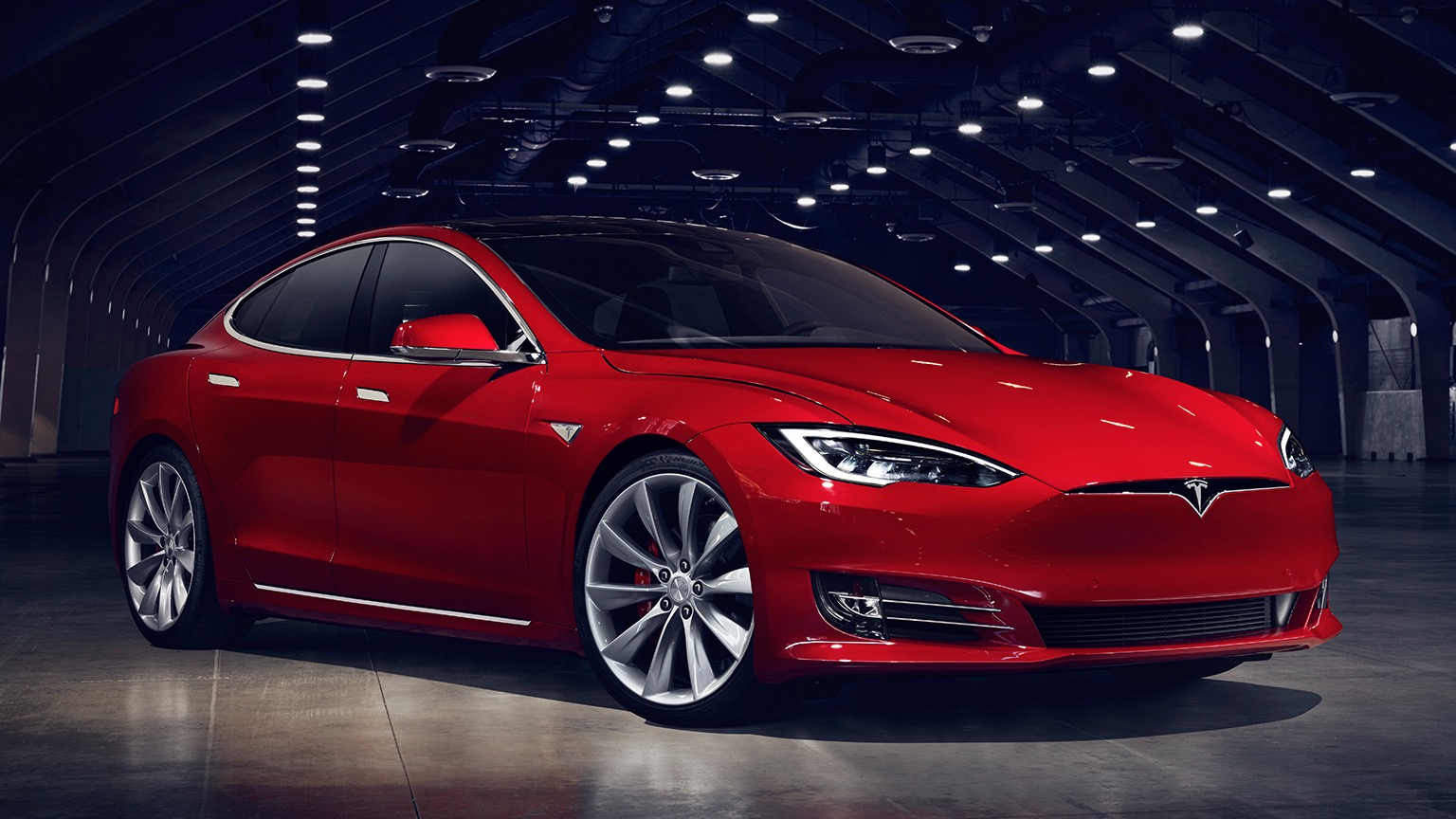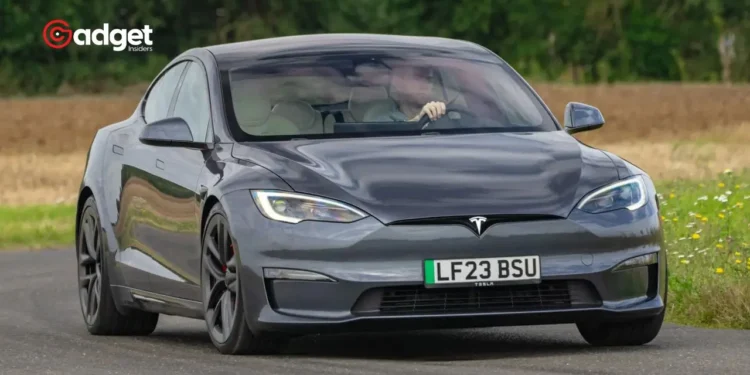Tesla has made a surprising announcement that has left many in the automotive and gaming communities taken aback. The electric vehicle giant declared that its new deliveries of Model S and Model X will no longer feature support for Steam, the immensely popular gaming platform. This decision marks a significant pivot from previous offerings that highlighted advanced in-car entertainment options, including high-end gaming capabilities prominently showcased in promotional campaigns by Tesla CEO Elon Musk.

The End of an Era for Gaming on the Go
The news was first brought to light when a customer awaiting the delivery of a long-range Model X was informed that the vehicle’s gaming computer had been updated and would no longer be capable of supporting Steam games. This update affects both the Model S and Model X, which had been equipped with robust AMD Ryzen processors, capable of running graphically demanding games such as Cyberpunk 2077.

Tesla initially introduced Steam support in these models with a significant software update back in December 2022. However, the company is now retracting this feature in what appears to be a broader initiative to realign its business strategies and reduce costs.
Behind Tesla’s Decision to Axe Steam
Various sources, including Autoevolution, have suggested that Tesla’s removal of Steam support may be linked to efforts to cut costs on hardware components like RAM and storage, which are crucial for running sophisticated Steam games. The timing of this move coincides with other cost-cutting measures by Tesla, including hardware revisions and workforce reductions impacting 10 to 20 percent of its employees.
More affordable financing for Model Y https://t.co/Dh5admF36N
— Tesla (@Tesla) May 17, 2024
Despite the clear shift in strategy, the response from the customer base has been one of disappointment and surprise. Owners and enthusiasts have taken to social media platforms, such as Reddit and X, to express their discontent and speculate on the underlying reasons for this decision. Some believe it may be due to low usage rates of the gaming feature, while others speculate on issues related to battery life or overall user experience. Nonetheless, the exact motivations behind its decision remain somewhat opaque.

Regulatory Scrutiny and Future Prospects
It’s also noteworthy that the National Highway Traffic Safety Administration (NHTSA) had previously investigated its “Passenger Play” feature, which enabled video games to be played on the touchscreen of its vehicles while in motion. The investigation, which concluded in 2023, adds another layer of complexity to the company’s decision-making process regarding in-car entertainment.
As it stands, no current Tesla models in production are set to support Steam games, and the future of gaming capabilities in its vehicles is uncertain. This move not only reflects Tesla’s internal strategic shifts but also poses questions about the future of integrated entertainment technologies in electric vehicles. The outcome of this decision could potentially influence industry standards and consumer expectations in the rapidly evolving automotive market.










